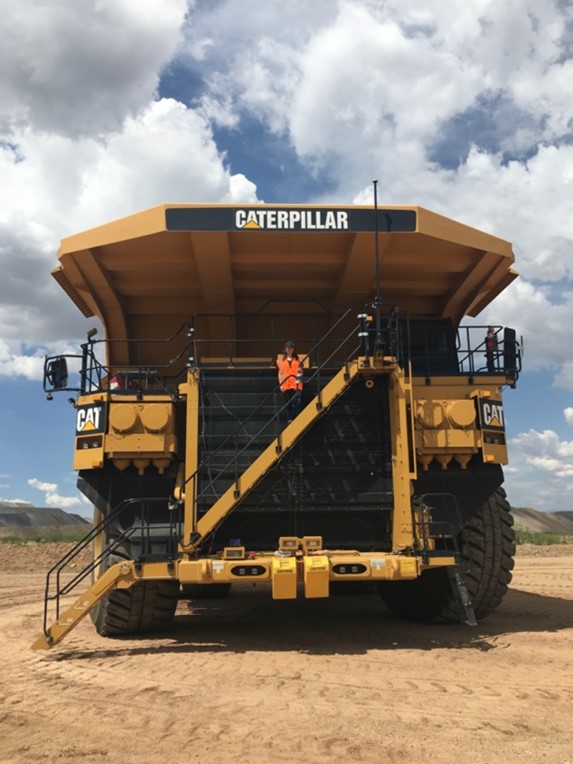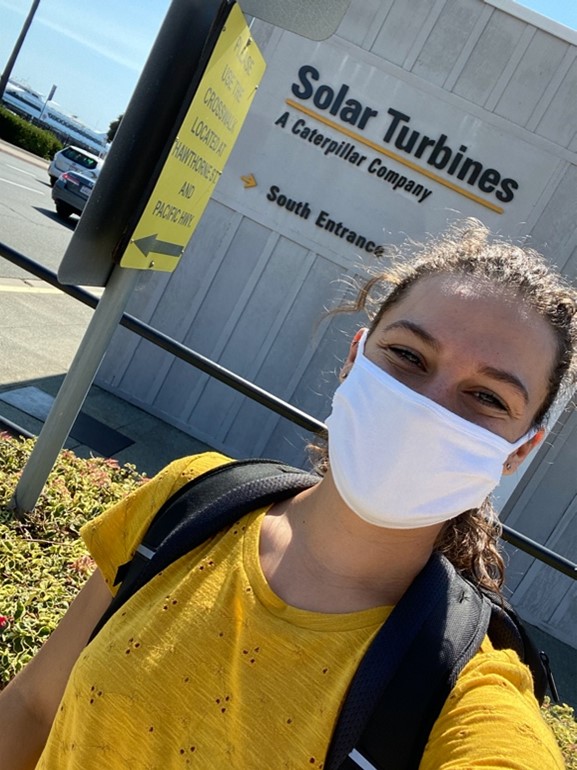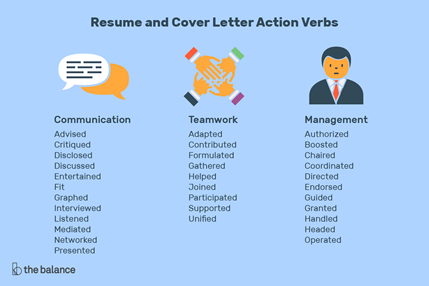How to Search For, Apply To, and Get Internships
Probably one of the most common (and stressful) things college students studying engineering encounter is the prospect of an internship. An internship usually is a part-time or full-time opportunity for college students to work in a field they’re interested in, at a company they might want to work for in the future.

At CSU, close to 90% of engineering students complete at least one internship before they graduate.
Internships are usually over the summer, while co-ops allow for a longer period of work time. Co-ops are just like internships, but they are longer in length and may require you to take a couple of semesters off of school. However, co-ops are great for people who aim to pay off tuition quickly, or strongly want to work at a specific company. Internships/co-ops in general are a great way to figure out what you like – and don’t like – in the field of engineering and allow students to gain great experience they can use to further their career. By graduation, I myself will have done 3 completely different internships – and in all seriousness – they have shaped me into the engineer and person I am today! I have had some amazing experiences so far and cannot wait to utilize these new skills in applying for full time positions once I graduate.
Since searching for internships, applying to them, and getting them can be really stressful, I’ve put together this quick guide to help you in the process! I hope these quick tips and tricks help make the process simpler and easier to handle.


Internship Search Process
First and foremost, searching for internships can be pretty dauting. Especially nowadays, most engineering companies have an internship in some form. Below are the steps I took in finding internships with companies I wanted to apply to. Keep in mind that your search depends mainly on your year, experience, and what you’re interested in.
1. Decide what you're interested in
For instance, are you a mechanical engineer or a civil engineer? Do you want to work for a company that designs bridges and structures, or one that designs medical devices? Identifying your interests and what you think you want to do full-time will be the first criteria to narrow down your search process.
2. Figure out where you want to work
Would you rather work near home or are you open to unfamiliar locations? Many companies (especially the large ones) will ask you to relocate for your summer internship and will usually provide travel and housing when you move. In my opinion, relocating has helped me grow and become more independent. It’s also super fun to live in a different place and meet other interns who are also new to that location! So far, I’ve relocated to Tucson, AZ and San Diego, CA and this summer I will be working in Minneapolis, MN!
3. Network
I cannot stress this enough. At the career fairs, student organization meetings, with professors, online – it will help so much to have a strong network of people who can connect you to companies and positions you’re interested in. Additionally, these people may introduce you to new positions or fields of engineering you may have never heard of before!
4. Narrow your search
This is where utilizing all your resources comes in. Internship opportunities can be very hidden, so I suggest making sure you look at every position or company you’re interested to find the best opportunity! A quick google search will give you a plethora of results. When you feel comfortable in narrowing down your search more, you can search for internships on LinkedIn, Handshake, and also attend your university’s career fair. If you find a certain company that you really like but cannot find their internship opportunities, I suggest signing up for their talent pool! A lot of companies publish their internship openings at different times in the year, so I suggest doing an internship search every three weeks until you find some that you’re really interested in!
5. Create a list of all the internships you want to apply to
I usually detail where the internship is, with what company, and the deadline when I need to apply. This way I can stay on top of everything I am interested in.
Now that you’ve searched for internships and found some that you’re interested in, it’s time to apply!

Internship Application Process
This is the most time-consuming part of this process because the preparation is a huge part of applying. I hope my list can break the process down for you and help you out! Here are the things that I do before I hit the “Submit My Application” button.
1. Update your resume.
You should have the most up-to-date resume when you’re applying to internships. One large piece of advice I would give is: tailor your resume to the position and include strong action verbs that will stand out against other applications. You can also get help with your resume through the Engineering Success Center and other engineering student organizations, especially in the weeks leading up to the career fair.
2. Write your cover letter.
While these letters should be specific to the company and highlight your experiences that directly to the position you’re applying for, you can create a template that you can alter when applying to each company. This way, you save time and won’t have to re-write your letter for every single application. Another very important piece of advice: talk about the skills that the job description describes. Your resume and cover letter will be first scanned by a computer, so if you can include the words and skills that match the job description you are applying for, this will get you one step closer to an interview invitation.
3. Connect with hiring managers and/or HR on LinkedIn
Once you’ve applied, or right before, I suggest connecting with the hiring managers and/or HR on LinkedIn. Make sure to provide a personal note so they know you’re serious about the position.

Get That Internship!
If your application is selected, you may be prompted to go through 1, 2, or more interviews! With each interview, the company may ask harder questions and your interviewer will most likely change from a recruiting manager to the specific technical group manager you would be working under. Engineering interviews are either technical or STAR-format, and you can find more information on those with a quick google search.

Whatever the outcome is of the application or interview process, do not be discouraged! I’ve applied to many internships and have been turned down time and time again. The important thing is to not give up. There will be a job for you, and one where you will thrive and succeed every day! Just be patient, work hard, and you will be fine. Also, if you want any help with anything in this process, my door is always open! My contact info is at the bottom of this blog. Good luck!

Author: Sarah Verderame
Sarah is a fourth-year majoring in Biomedical and Mechanical Engineering at CSU. She is passionate about biomaterials, surgical equipment, and improving the lives of others through medical advancements. Sarah plans on working in the manufacturing side of biomedical device production after graduation.
If you have any questions, please feel free to reach out to the engineering ambassador team at explore@engr.colostate.edu!